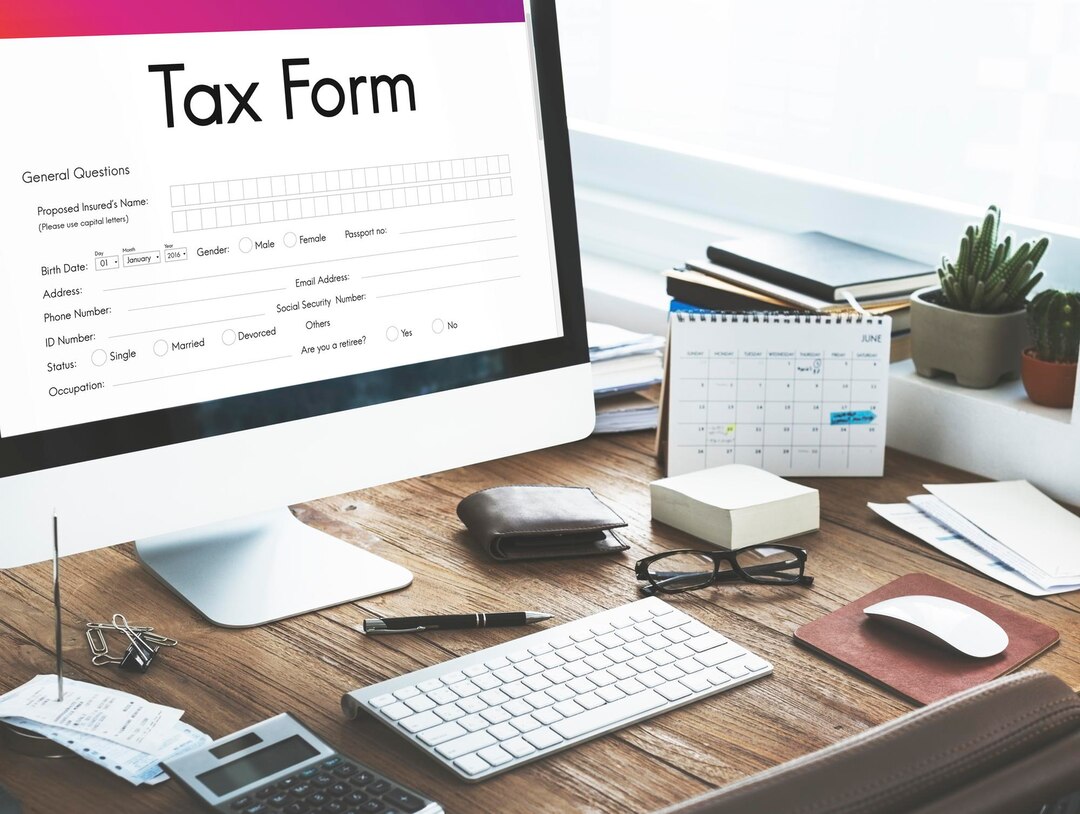Tax compliance is essential for small businesses in Botswana. It not only ensures you avoid penalties but also strengthens your business reputation and builds trust with stakeholders. Whether you’re new to the business landscape or looking to improve your processes, here’s a detailed guide on how to stay tax-compliant as a small business in Botswana.
1. Register Your Business with BURS
The first step in staying tax-compliant is registering your business with the Botswana Unified Revenue Service (BURS).
- Obtain a Tax Identification Number (TIN), which is mandatory for all businesses operating in Botswana.
- If your business has an annual turnover exceeding BWP 1 million, register for Value Added Tax (VAT).
Without proper registration, your business may face legal and financial consequences.
2. Understand Your Tax Obligations
Small businesses in Botswana are subject to various taxes, including:
- Corporate Income Tax: Charged on your company’s profits.
- Value Added Tax (VAT): Applicable to businesses with annual sales above BWP 1 million.
- Pay-As-You-Earn (PAYE): Deducted from employees’ salaries and paid to BURS.
- Withholding Tax: Applicable to certain payments like dividends, interest, and royalties.
Stay informed about which taxes apply to your business to avoid unintentional non-compliance.
3. Keep Accurate Financial Records
Maintaining detailed financial records is crucial for tax compliance.
- Record all income, expenses, and transactions.
- Use accounting software to simplify bookkeeping and ensure accuracy.
- Keep receipts, invoices, and bank statements for at least five years as required by BURS.
Accurate records make it easier to file returns and provide evidence in case of an audit.
4. File Tax Returns on Time
Small businesses in Botswana are required to file tax returns periodically:
- Corporate income tax returns must be filed annually.
- VAT returns are typically filed monthly or quarterly, depending on your business’s VAT period.
- PAYE submissions must be made monthly for businesses with employees.
Missing deadlines can result in penalties, so set reminders or use tax management software to stay on track.
5. Deduct Eligible Business Expenses
Reduce your tax liability by claiming allowable deductions. Common deductible expenses include:
- Rent for business premises.
- Employee salaries and benefits.
- Business travel expenses.
- Office supplies and utilities.
Ensure all deductions are supported by receipts and documentation to avoid disputes during audits.
6. Separate Personal and Business Finances
Mixing personal and business finances can complicate tax reporting. Open a dedicated business bank account to:
- Clearly track business income and expenses.
- Avoid errors when calculating taxable income.
- Simplify the audit process.
Separating finances also demonstrates professionalism and enhances your credibility.
7. Stay Updated on Tax Regulations
Tax laws in Botswana may change, so it’s essential to stay informed about updates.
- Regularly visit the BURS website for announcements.
- Attend tax workshops and seminars.
- Consider hiring a tax consultant or accountant to keep you updated on regulatory changes.
Being proactive ensures your business remains compliant despite evolving tax requirements.
8. Use Technology to Simplify Tax Compliance
Invest in accounting and tax software to streamline compliance processes. These tools can:
- Automate tax calculations.
- Generate accurate financial reports.
- Remind you of filing deadlines.
Popular accounting software options in Botswana include QuickBooks, Sage, and Xero.
9. Conduct Regular Financial Reviews
Periodically review your business’s financial health and tax position.
- Compare actual income and expenses against projections.
- Identify potential tax-saving opportunities.
- Ensure all tax payments and filings are up to date.
Regular reviews help you catch errors early and avoid costly penalties.
10. Seek Professional Advice When Needed
Navigating tax compliance can be complex, especially for new business owners. Hiring a qualified accountant or tax consultant can help you:
- Understand Botswana’s tax laws.
- Optimize your tax strategy.
- Handle audits or disputes with BURS.
While it’s an additional expense, professional advice can save you time and money in the long run.
Staying tax-compliant as a small business in Botswana requires proper registration, accurate record-keeping, timely filing, and a proactive approach to understanding tax laws. By following the tips outlined in this guide, you can ensure your business operates smoothly while avoiding unnecessary penalties.
Investing time and effort into tax compliance not only secures your business legally but also positions it for long-term growth and success. Start today to build a solid financial foundation for your business in Botswana.






